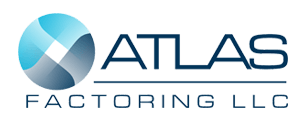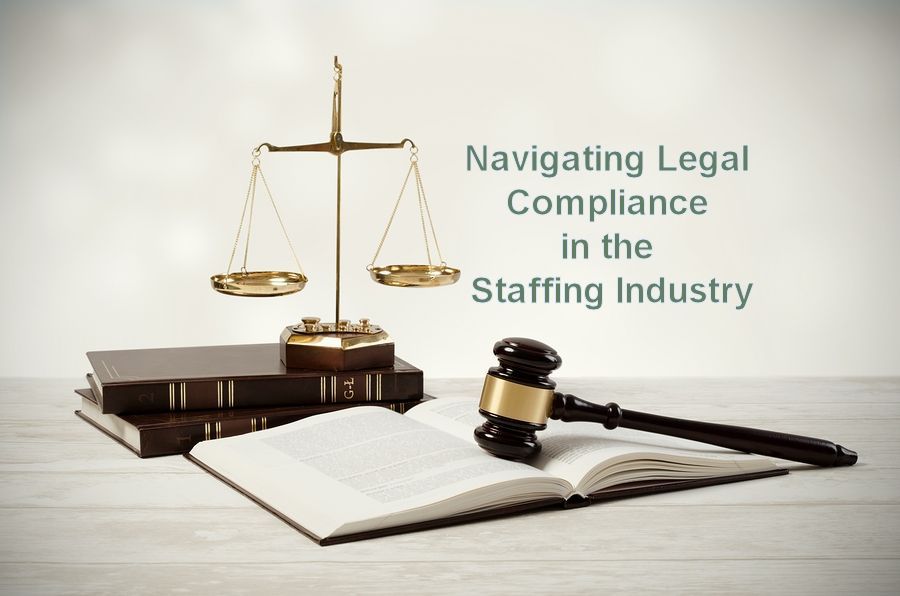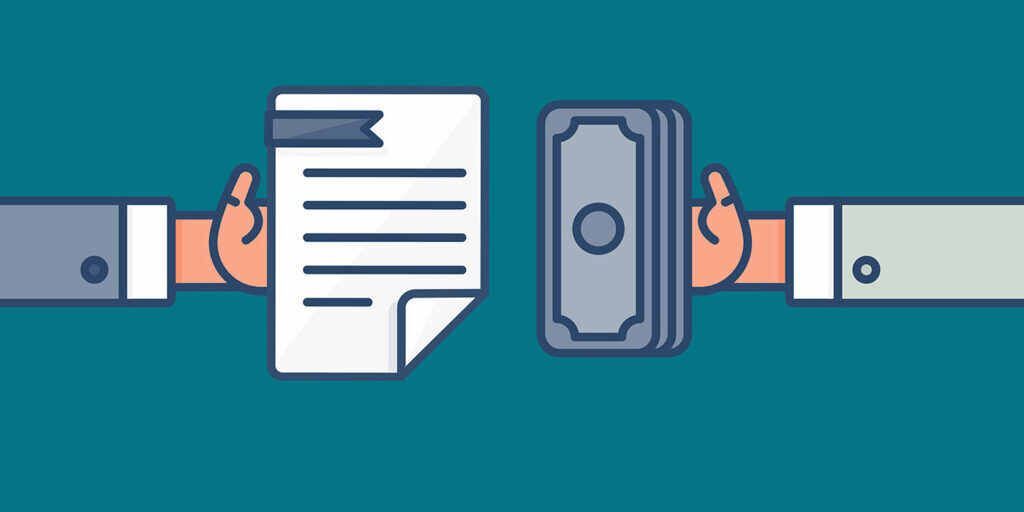How to Prepare Your Business for Factoring
Factoring can be a valuable financial solution for businesses seeking to improve cash flow and access working capital without taking on additional debt. However, preparing your business for factoring requires careful planning and organization. This guide will walk you through the essential steps to ensure you’re ready to approach a factoring company.
Initial Steps to Take Before Approaching a Factoring Company
Before you begin the process of factoring, it's crucial to assess your business’s needs and readiness. Here are the initial steps to consider:
1. Evaluate Your Cash Flow Needs: Determine why you need factoring. Is it to manage cash flow gaps, fund growth, or stabilize finances? Understanding your specific needs will help you communicate effectively with factoring companies.
2. Understand Factoring Basics: Familiarize yourself with how factoring works. Factoring involves selling your accounts receivable to a third party at a discount in exchange for immediate cash. Ensure you understand the costs, benefits, and potential impacts on your business operations.
3. Research Factoring Companies: Not all factoring companies are the same. Research different providers, their terms, fees, and reputation. Look for a company that specializes in your industry and offers flexible terms that match your business needs.
Necessary Documentation and Financial Records Required
Having your documentation in order is critical when approaching a factoring company. Here’s a list of the necessary paperwork and records you’ll need:
1. Accounts Receivable Aging Report: This report shows the outstanding invoices and their due dates. Factoring companies use it to assess the value of your receivables.
2. Financial Statements: Provide recent balance sheets, income statements, and cash flow statements. These documents help the factoring company evaluate your business's financial health.
3. Customer Information: Factoring companies will want to know about your customers, including their creditworthiness and payment histories. Be prepared to provide detailed information about your top clients.
4. Invoices and Sales Contracts: Submit copies of the invoices you plan to factor, along with any sales contracts or purchase orders related to those invoices.
5. Business Licenses and Incorporation Documents: These documents prove the legitimacy and legal standing of your business.
Tips on Improving Your Creditworthiness and Appeal to Factoring Companies
While your credit score may not be the primary focus for factoring companies (as they are more concerned with your customers' credit), maintaining good creditworthiness can still enhance your appeal. Here are some tips:
1. Maintain Clear Financial Records: Accurate and up-to-date financial records reflect well on your business and instill confidence in potential factoring partners.
2. Improve Customer Relationships: Reliable, creditworthy customers are attractive to factoring companies. Strengthen your relationships with key customers and ensure they have a history of timely payments.
3. Minimize Outstanding Debts: Reducing your existing liabilities can make your business more appealing to factoring companies, as it demonstrates better financial management.
4. Show Consistent Revenue Growth: Factoring companies prefer to work with businesses that show steady or growing revenue streams, as it indicates stability and potential for future growth.
Common Mistakes to Avoid During the Preparation Process
Avoiding common pitfalls can streamline your factoring application process. Here are mistakes to watch out for:
1. Inadequate Documentation: Ensure you have all necessary documents organized and readily available. Missing or incomplete documentation can delay the approval process.
2. Poor Customer Payment History: Factoring companies rely on the creditworthiness of your customers. Ensure your customers have a good payment history to avoid rejections.
3. Ignoring Hidden Fees: Read the terms and conditions carefully. Some factoring agreements come with hidden fees that can significantly impact your cash flow.
4. Not Researching the Factoring Company: Choosing the wrong factoring partner can lead to unfavorable terms and strained business relationships. Conduct thorough research to find a reputable and suitable factoring company.
A Checklist to Ensure Your Business Is Ready for Factoring
Use this checklist to ensure your business is fully prepared for factoring:
· Assess your cash flow needs and determine the purpose of factoring.
· Understand the factoring process and terms.
· Research and select a reputable factoring company.
· Prepare an Accounts Receivable Aging Report.
· Gather recent financial statements (balance sheet, income statement, cash flow statement).
· Compile detailed customer information, including creditworthiness and payment histories.
· Collect copies of invoices and sales contracts to be factored.
· Provide business licenses and incorporation documents.
· Ensure financial records are accurate and up-to-date.
· Strengthen relationships with key customers to ensure reliable payment histories.
· Review factoring agreement terms for hidden fees and conditions.
· Double-check all documentation for completeness and accuracy.
By following these steps and tips, your business will be well-prepared to approach a factoring company and leverage factoring to improve cash flow and support growth. Remember, thorough preparation not only increases the likelihood of approval but also positions your business for a successful and beneficial factoring relationship.
Ready to take the next step? At Atlas Factoring, we specialize in helping businesses like yours unlock the potential of their accounts receivable. Apply for factoring with us today and experience a seamless process tailored to meet your unique needs. Contact us now to get started and secure the working capital your business deserves.

VISIT US
HOURS
Monday - Friday
8:00am - 5:00pm MST
Closed All Major Holidays
We provide working capital to businesses in all 50 states.










Share On: